ITIL® 4 Specialist: Sustainability in Digital and IT Training Course
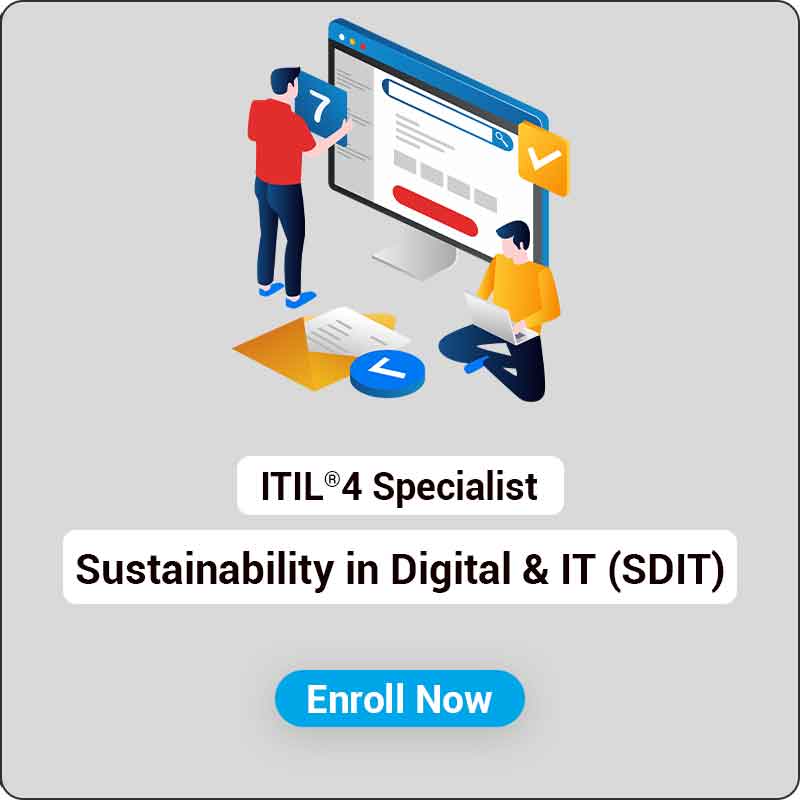
Accredited By

Course Package
Exam Voucher by PeopleCert
Official Training Material from PeopleCert
Official ITIL®4 SDIT E-Book
Highly Experienced & Accredited Instructor
Live Instructor-Led Sessions
Real Life Examples & Case Studies
Lifetime LMS Access
K-Prime Warranty
Target Audience of ITIL® 4 Specialist: Sustainability in Digital and IT(SDIT) Certification
The ITIL® 4 Specialist: Sustainability in Digital and IT module is intended for professionals with a responsibility or interest in incorporating sustainability principles into digital and IT service management. The SDIT module's intended audience includes:
-
IT Service Managers
-
IT Operations Managers
-
Service Design and Transition Professionals
-
Sustainability Managers
-
IT Governance and Compliance Professionals
-
Environmental and Social Responsibility Professionals
-
IT Consultants
-
Sustainability Champions
Pre-requisites Of ITIL® 4 Specialist: Sustainability in Digital and IT(SDIT) Certification Training
Please note: there are no pre-requisites for studying the Sustainability in Digital & IT module
ITIL® 4 Specialist: Sustainability in Digital and IT(SDIT) Exam and Certification Information
This certification has 2 part exam
Part 1 Exam
Exam Details:
-
No. of Case Studies: 4
-
Exam duration: 60 minutes each
-
Exam Format: All four assignments are based on a case study which describes two companies engaged in a service relationship. All assignments address between one and two assessment criteria.
-
Pass Marks: 24 out of 32 (75%)
-
Exam Type: Open Book
Part 2 Exam
Exam Details:
-
No. of Questions: 35
-
Exam Duration: 60 minutes
-
Exam Format: Multiple Choice Questions (MCQ)
-
Pass Marks: 23 out of 35 (66%)
-
Exam Type: Closed Book
ITIL® 4 Specialist: Sustainability in Digital and IT(SDIT) Certification Journey

Any Other Important Information
This is a Standalone ITIL 4 Specialist module focused specifically for Sustainability Professionals
Course Outline
ITIL Foundation recap
- Overview of sustainability concepts, including environmental impact, social responsibility, and sustainable development goals.
- Understanding the importance of sustainability in the context of digital and IT service management.
- Exploring the global sustainability challenges and the role of organizations in addressing them.
Check Our Upcoming Batches
Frequently Asked Questions.
The ITIL® 4 Strategist: Sustainability in Digital and IT is a specialized certification that equips professionals to: • Embed sustainability principles into digital and IT operations • Align technology strategies with environmental and social responsibility • Develop future-ready solutions that balance business growth with sustainable practices • Transform IT services to support long-term ecological and organizational resilience
Sustainability in Digital and IT (SDIT) offers several key benefits, such as: • Greater resource efficiency – Optimizing energy and material usage in IT operations. • Lower environmental footprint – Minimizing waste and carbon emissions from digital infrastructure. • Stronger brand reputation – Demonstrating commitment to sustainability attracts eco-conscious customers and investors. • Alignment with global standards – Supporting international sustainability initiatives like the UN SDGs. • Long-term business resilience – Ensuring compliance with regulations while future-proofing operations.

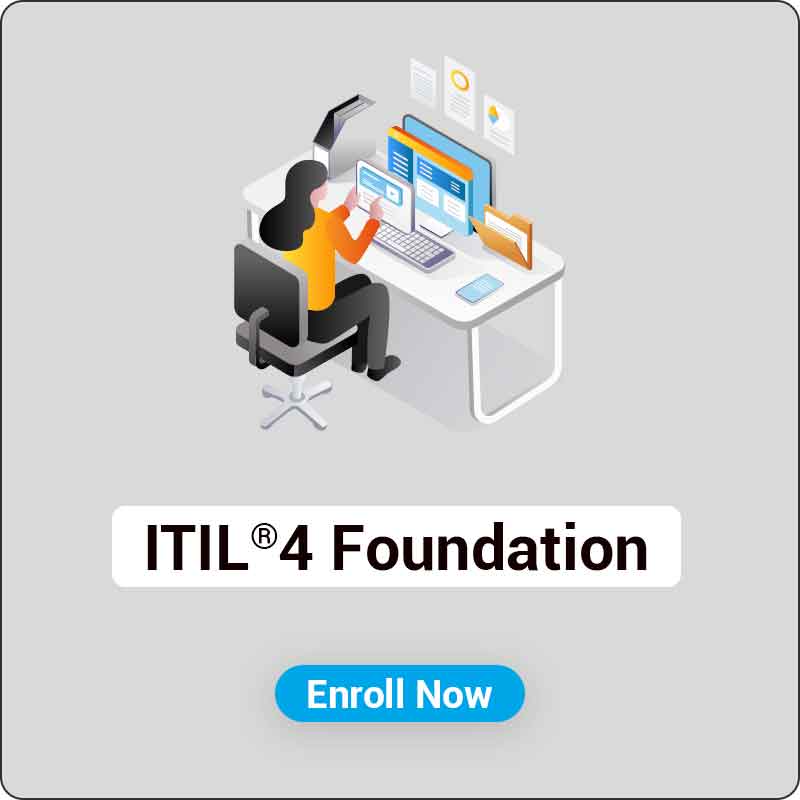
.jpg)
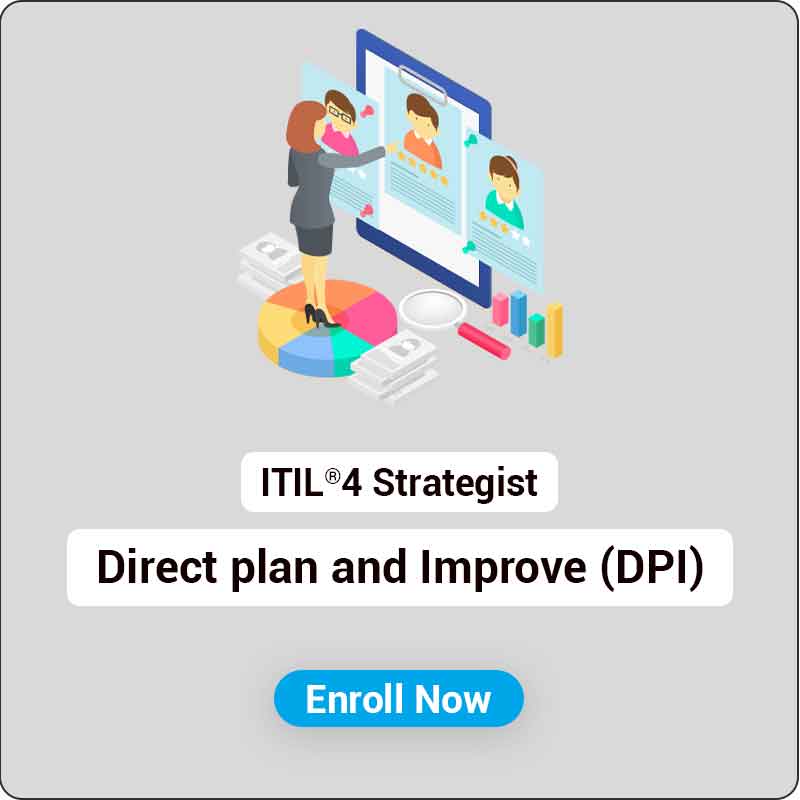


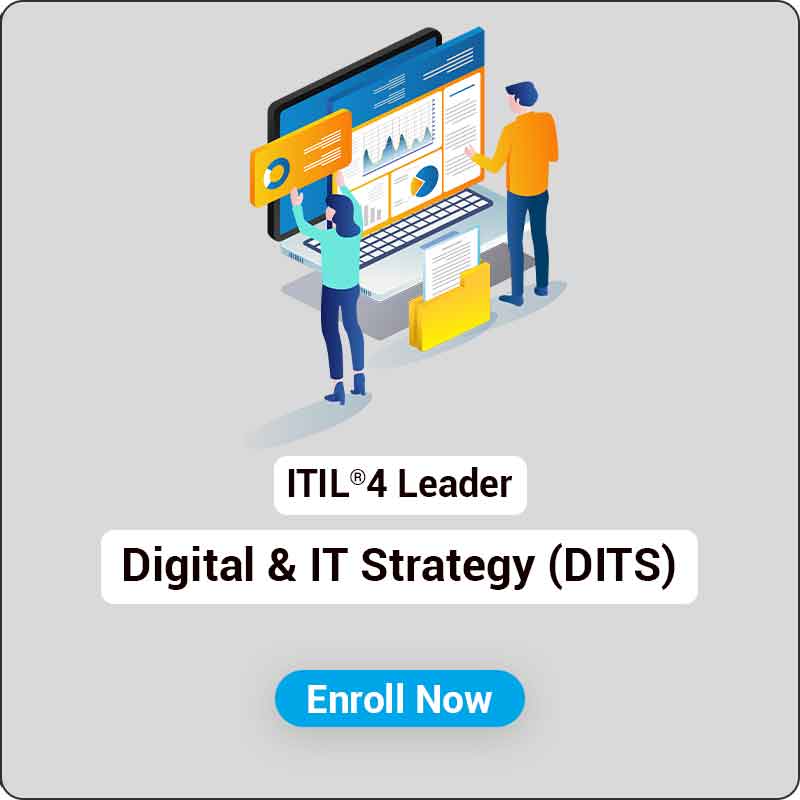


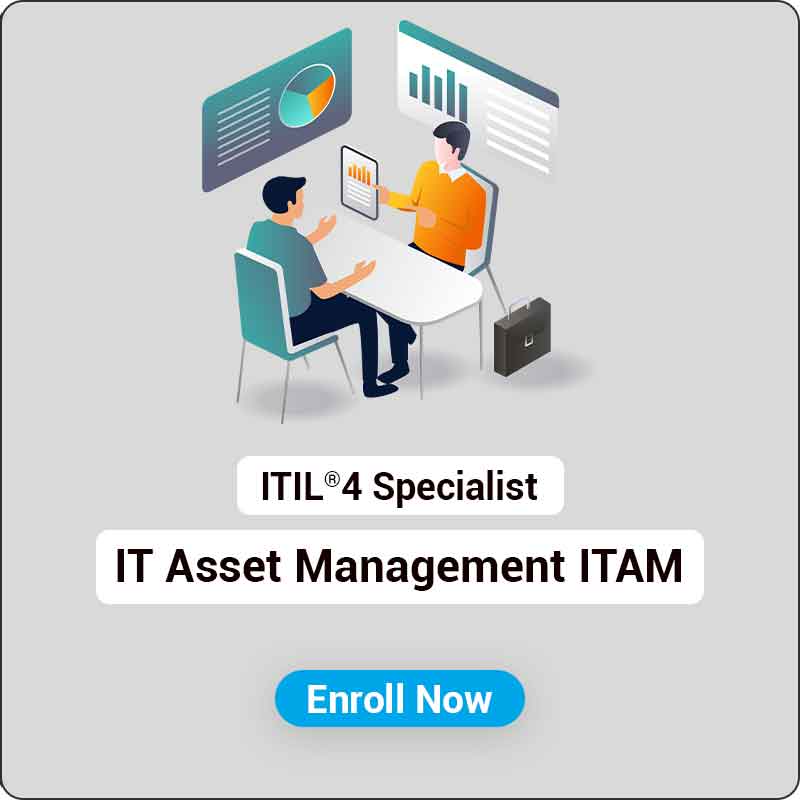


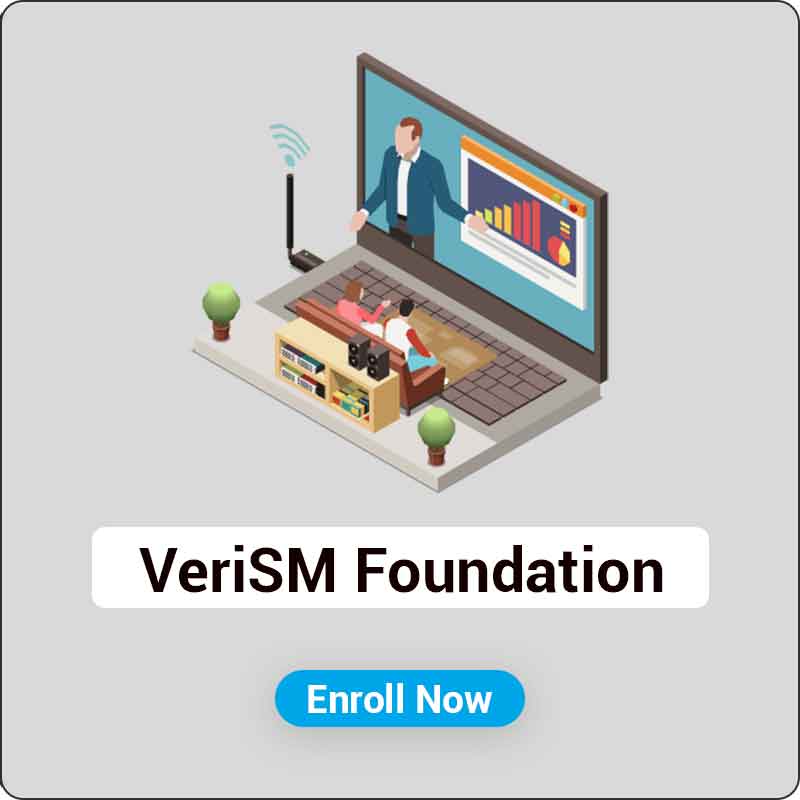
.jpg)
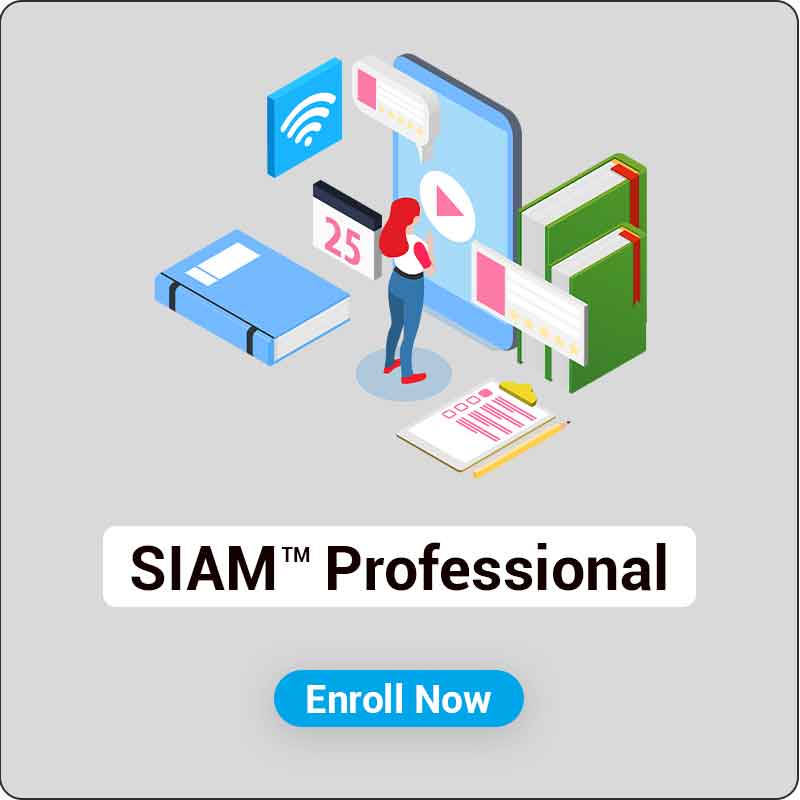
.jpg)
.png)
.png)

.jpg)
